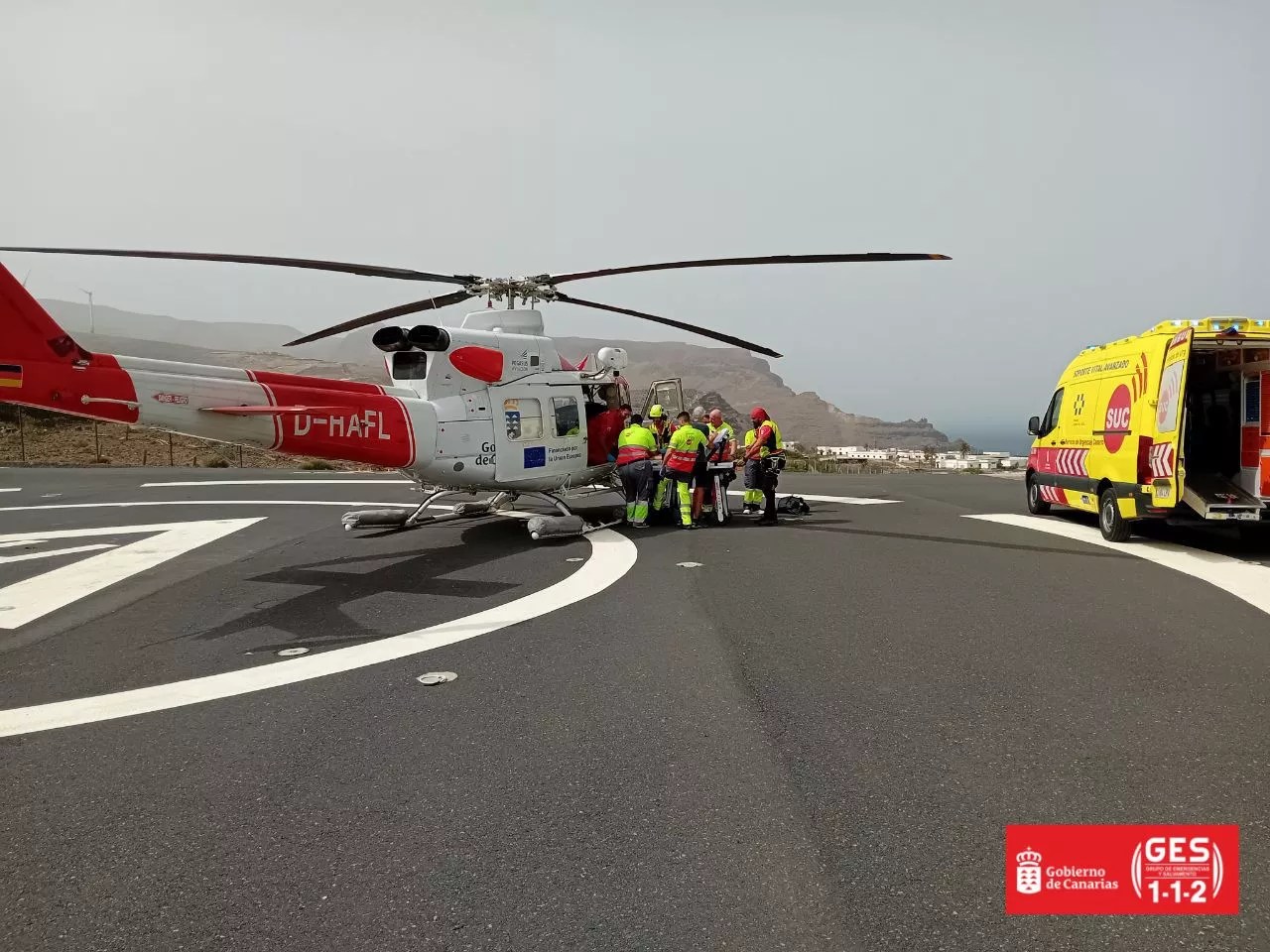
The Canarian Vice President and Minister of Finance, Budgets and European Affairs, Roman Rodriguezadvanced yesterday in Parliament the imminent return of 99.9% of the Special Fuel Tax on transporters, farmers and ranchers corresponding to March, the first of validity of this measure adopted by your department on the 25th.
Rodríguez specified that the total amount of the refund for that month amounts to 4.6 million euros, of which 1.8 million are for the extension of the measure to 99.9% of the tax. The number of beneficiaries -professionals and companies- has been 6,260.
The vice president recalled that it will be in force, in principle, until July 31, with which professionals in the transport sector, farmers and ranchers will not pay any type of tax for the purchase of fuel. Until then, the regional executive practiced a return of 68%. In addition, the IGIC of the fuel has a type 0, compared to 21% VAT that governs the Peninsula and the Balearic Islands. He gave it as an example of the initiatives that a regional administration can adopt to combat the rampant inflation that affects the whole world, “with aid to the most affected sectors and with specific fiscal adjustments.”
Román Rodríguez suggested that the debate on tax reform in Spain be postponed, because the global economy is at a “critical” moment, and pointed out that, when it is discussed, the Canary Islands will agree “on a reasonable harmonization” for their taxes. At the request of the Socialist Group, he explained how the reform of the tax system proposed by the expert report commissioned by the central Executive will affect the income of the Autonomous Community. In his opinion, it would be reasonable to postpone this decision: “Inflation in developed countries has not reached current parameters for 40 or 50 years, and the entire process of the global economy has been disrupted, a situation aggravated by the war in Ukraine” . However, he ruled out that the Canary Islands will suffer a loss of income nor will it affect the taxation of the taxes of the Economic and Fiscal Regime, which, the vice president stressed, “are not touched”.
The document is “powerful, broad, complex and debatable”, he argued, and “should feed the debate on the review of the Spanish tax model to make it more progressive and fair, with tax proposals in digital, environmental and gender perspective matters, but the experts are almost always from the plateau.”
The socialist deputy Iñaki Lavandera attacked “the ideology of cuts” that, in his opinion, the PP promotes when it governs, which, he said, “entails the dismantling of the welfare state “as if it were loot.”
In a question, the spokesperson for the Popular Group, Australia Navarro, criticized that the Executive “takes advantage of the shortage of the canaries to increase collection” and urged the Minister of the Treasury to “stop making money with inflation and lower the taxes at once.
At the opening of the Good Governance conference in the public business sector, Rodríguez defended the work of regional companies to reach with “diligence, efficiency and transparency” where the Administration itself cannot.
















